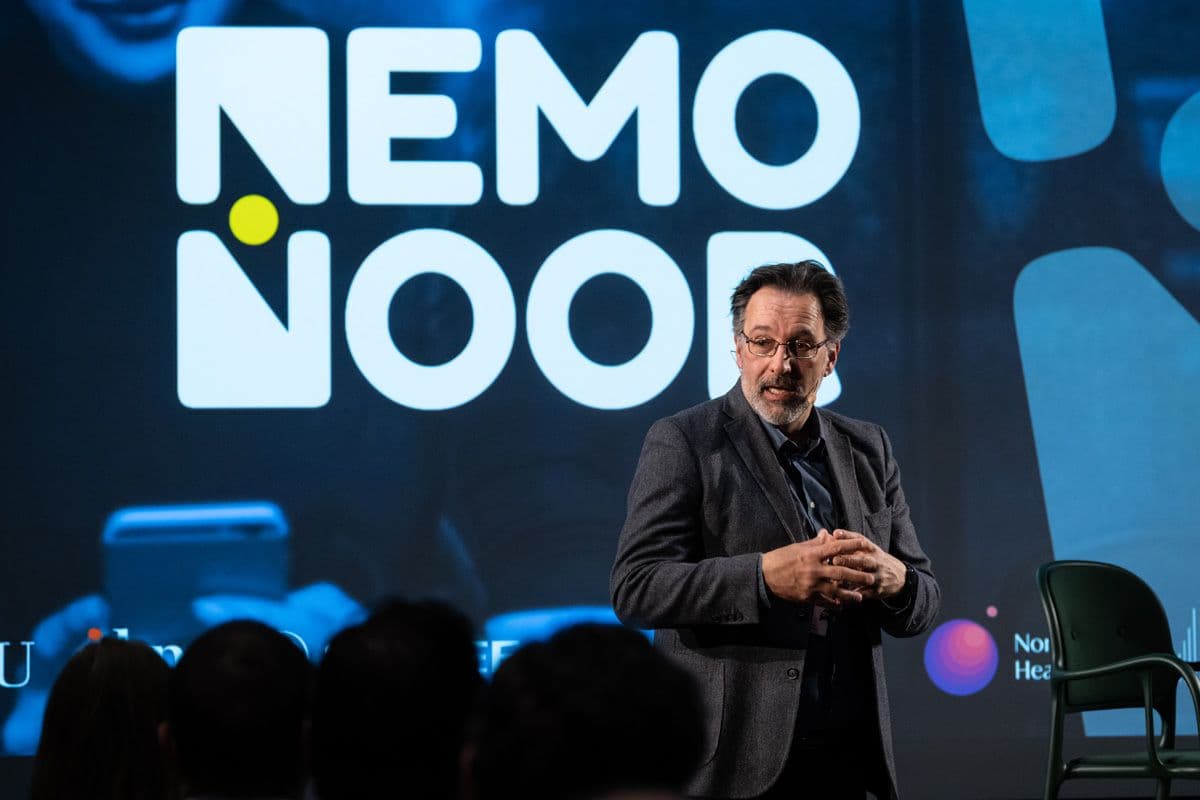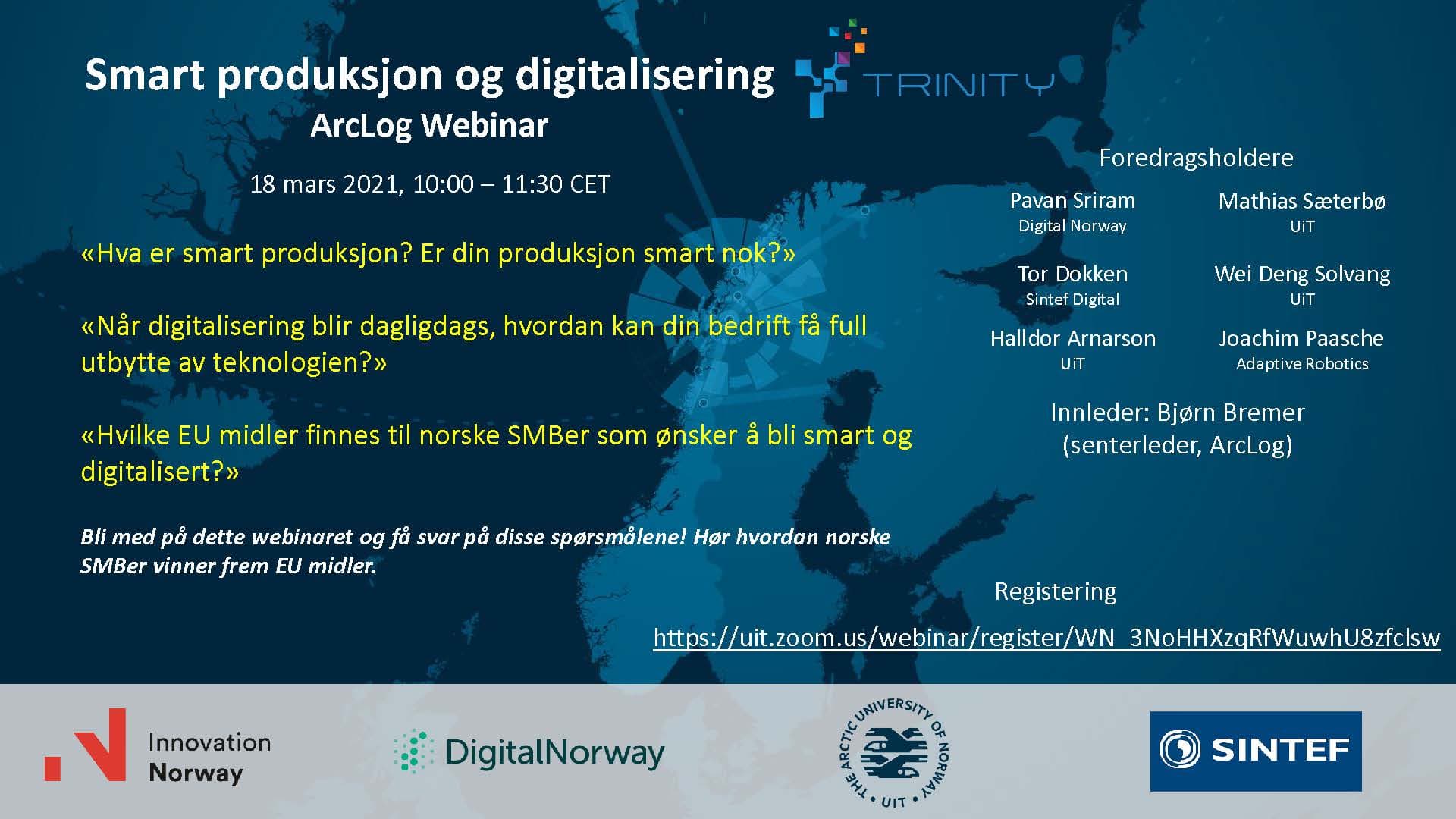
Study visit provides insight to digital transformation
DigitalNorway is part of InnoCAPE – a cooperation model whose goal is to develop a digital innovation ecosystem in the Baltic Sea region.
Representatives from InnoCAPE gathered in Oslo for a study visit, with DigitalNorway in lead. The study comprised of case study presentations focusing on DigitalNorway’s digital transformation services and activities, in addition to a study visit to DNB, an organisation that had previously received DigitalNorway’s said services. Below, the main findings from the case study have been summarized.
>> Read the full report
Company Snapshot
DNB is Norway’s largest financial services group and one of the largest in the Nordic region in terms of market capitalization. The Group has close to 7000 employees, and is Norway’s oldest private bank, established in 1822. DNB offers a full range of financial services, including loans, savings, advisory services, insurance, and pension products for retail and corporate customers. DNB’s bank branches in Norway, in-store postal and banking outlets, Post office counters, Internet banking, mobile services and international offices ensure that the company is present where their customers are. DNB is a major operator in several industries, for which the company also have a Nordic and international strategy. In addition, they are one of the world’s leading shipping banks, and have a strong position in the energy sector and the fisheries and seafood industry.
Digital maturity stakes out the course
As a modern financial institution, DNB’s personal and SME bank services are fully digital. At the same time, the bank services for large international enterprises are mainly people based, and it was felt that this business area had some potential for improved customer experience related to applying digital technologies as part of their service offering. The business area for large international enterprises (Large Corporates International – LCI) therefore wanted to gain more insight into how managers and employees perceived the digital maturity of their business area, and based on this, identify measures that needed to be implemented to achieve increased digital maturity.
As one of DigitalNorway’s owners, DNB chose to engage DigitalNorway in the process of measuring the digital maturity of the LCI business area, and to give recommendations on which measures to implement in order to become more agile and digital. The solution chosen by DNB was to apply a wide-ranging process where all employees and managers in the chosen business unit were engaged. This engagement process consisted of five main phases over the course of 16 weeks:
1. Preparations and problem definition (6 weeks)
2. Survey (4 weeks)
3. Interviews (2 weeks)
4. Workshops with middle management (4 weeks)
5. Recommendations to top management (2 weeks)
Through this process, a set of recommendations were handed over to the top management, who set up and implementation plan. Implementation for each of the recommendations were allocated to the managers in the most relevant business unit. A clear timeframe was set, and a small team with necessary resources was allocated.
Digital Ambassadors assigned to each business unit
The recommendations included testing the Jobs 2 Be Done (J2DB) concept with customers through an easy use guide, test how Digital Ambassadors can be used throughout the organization, and to gain experience in how KPIs that drive behavioral change strengthen an innovative culture. One of the recommendations required establishment of a new role within each of the business units (Digital Ambassador), and as part of the implementation process, a role description was prepared and candidates identified. Since many employees in the organization had been involved in the process, they also had some expectations to be involved in both knowing of, and implementation of the recommendations. An internal newsletter was therefore issued, thanking everyone for their effort, stating the recommendations, and presenting the implementation plan and those responsible for taking it forward.
Case studies combined with company visits gives great insight
The case study visit was organised to build a common understanding of the functioning of Digital Innovation Hubs (DIHs) around the Baltic Sea Region and to learn about practicalities of digitalisation of SMEs. Study visits to Digital Innovation Hubs in countries which are leading in terms of Industry 4.0, such as DigitalNorway – gives great insight to digital transformation when combining case studies and company visits. It provides an opportunity for partners and key stakeholders to learn relevant, good development practices from their peers.
Study visits allow for a high level of interaction among participants and exposure to the topic of study, can facilitate horizontal learning and networking between a range of people working on same topic at different levels.



